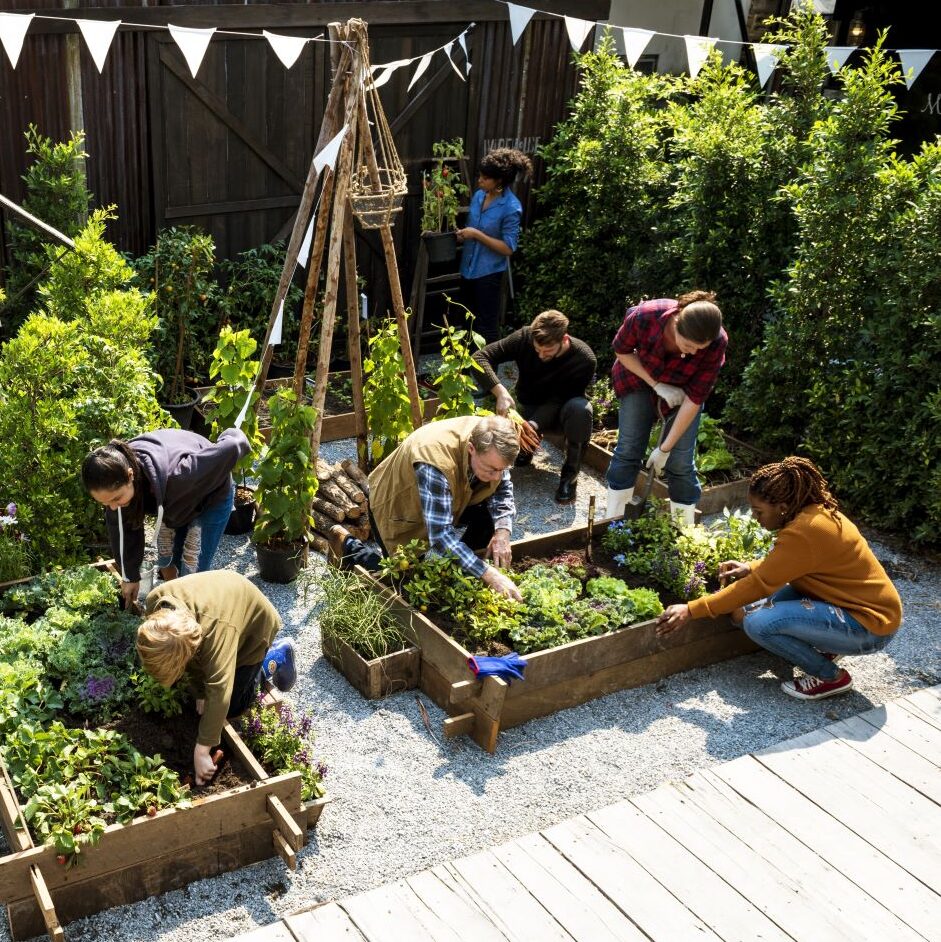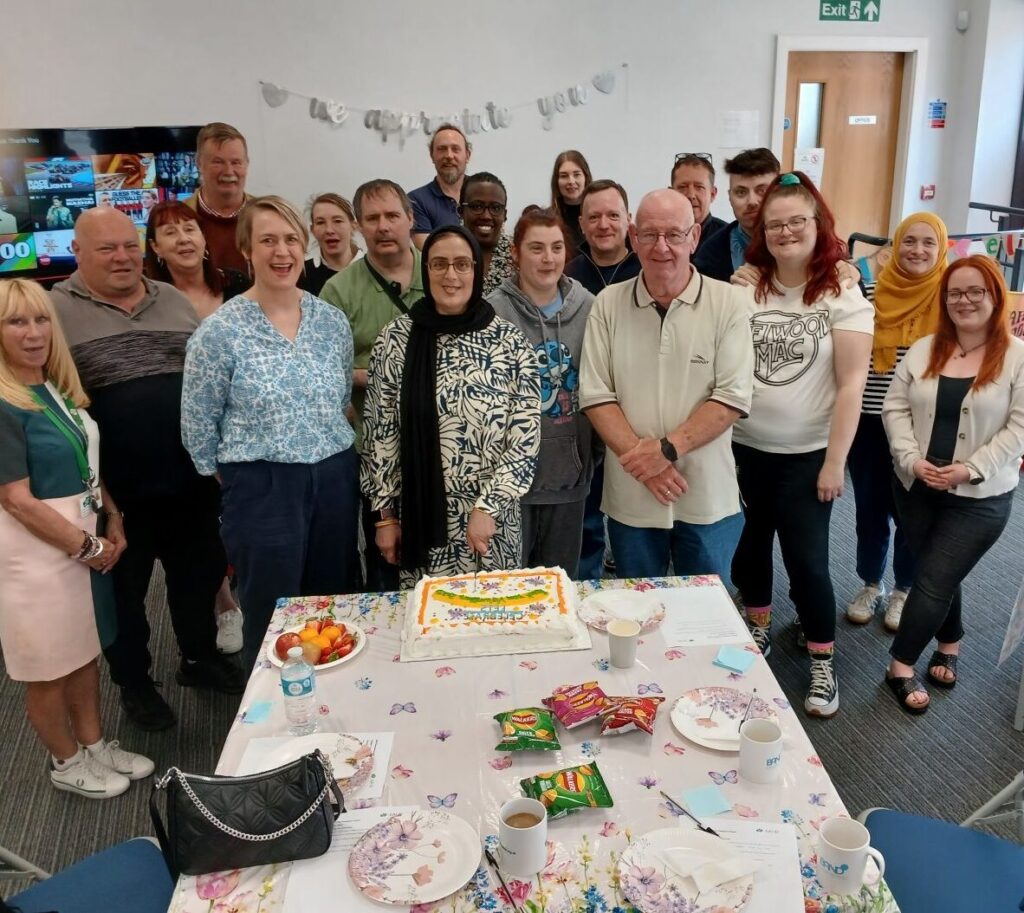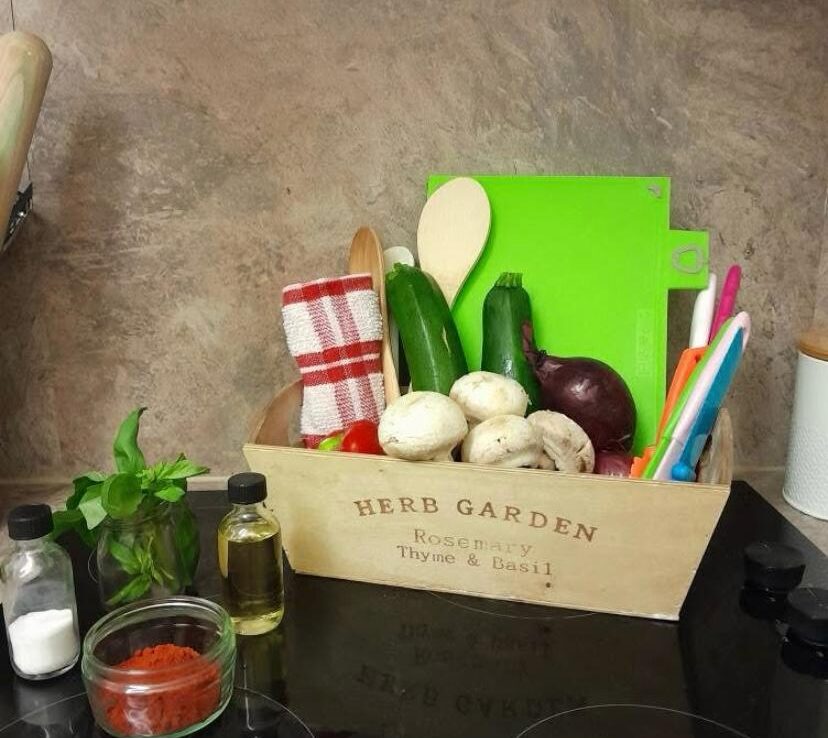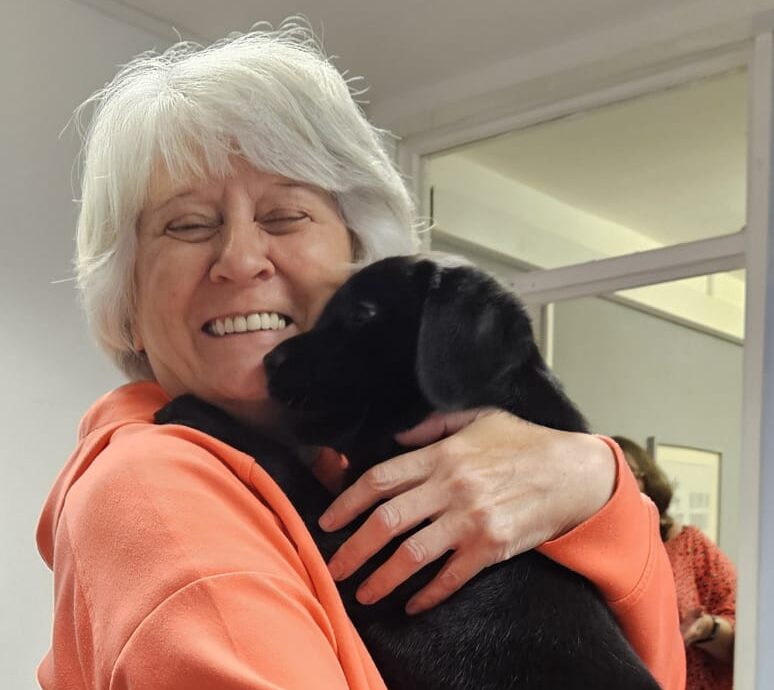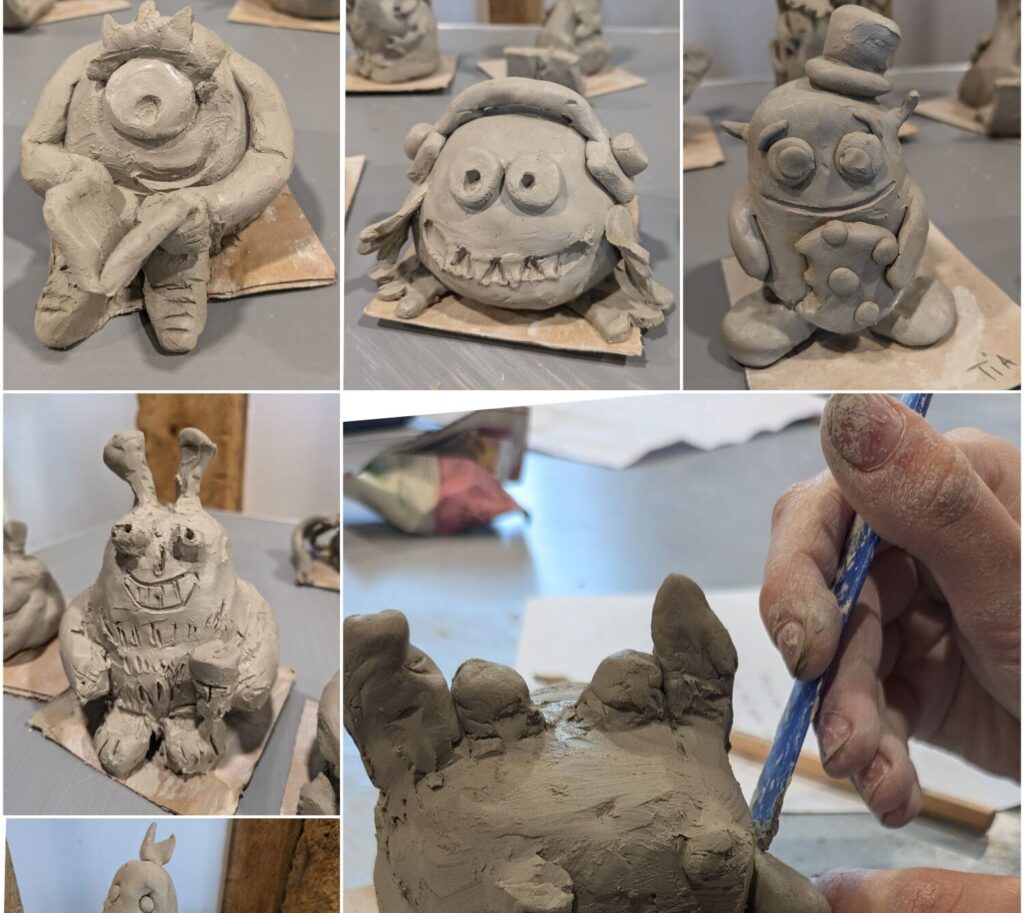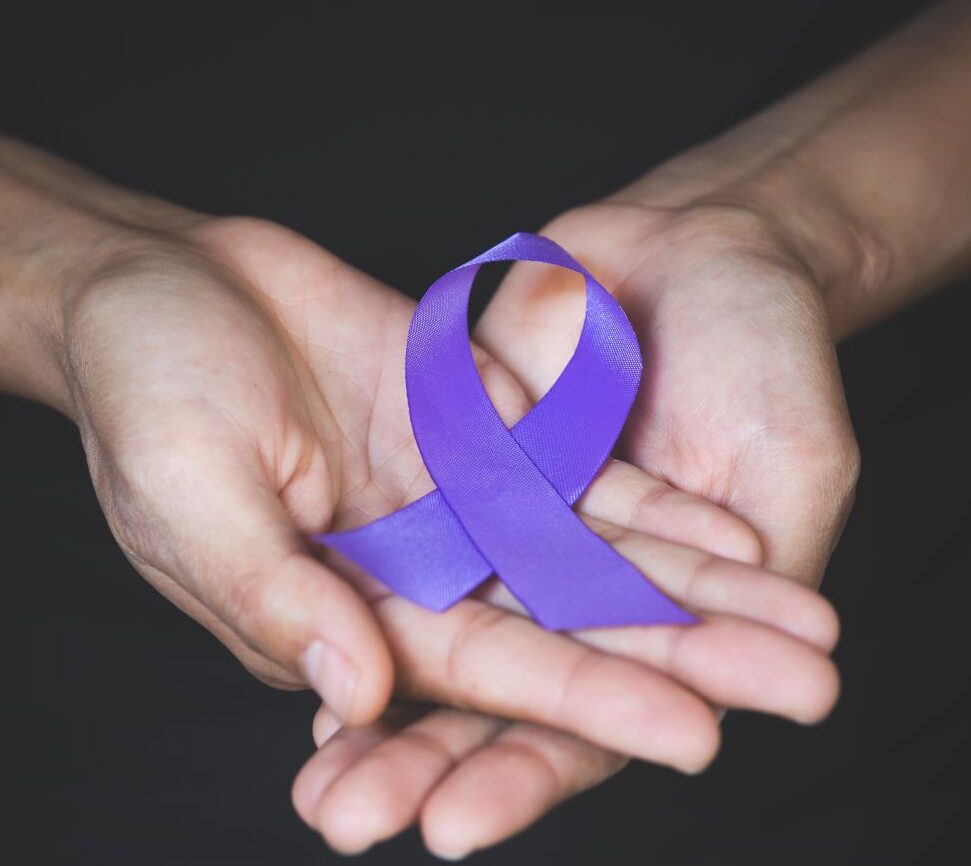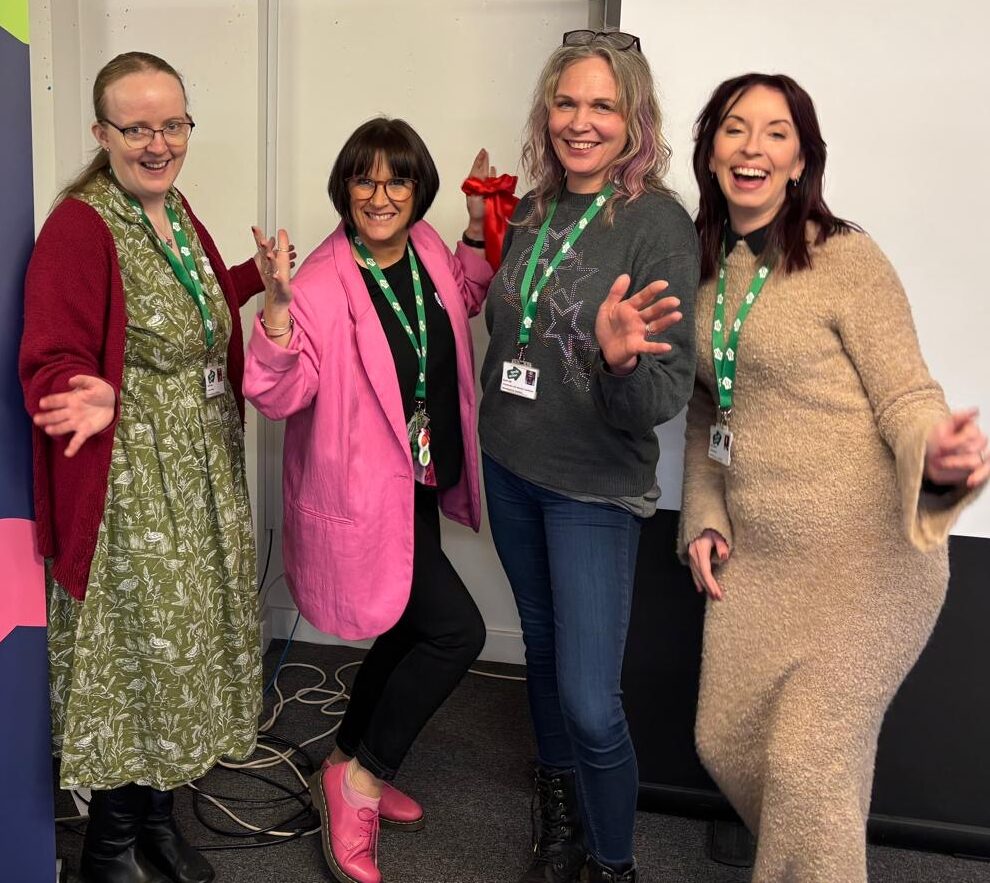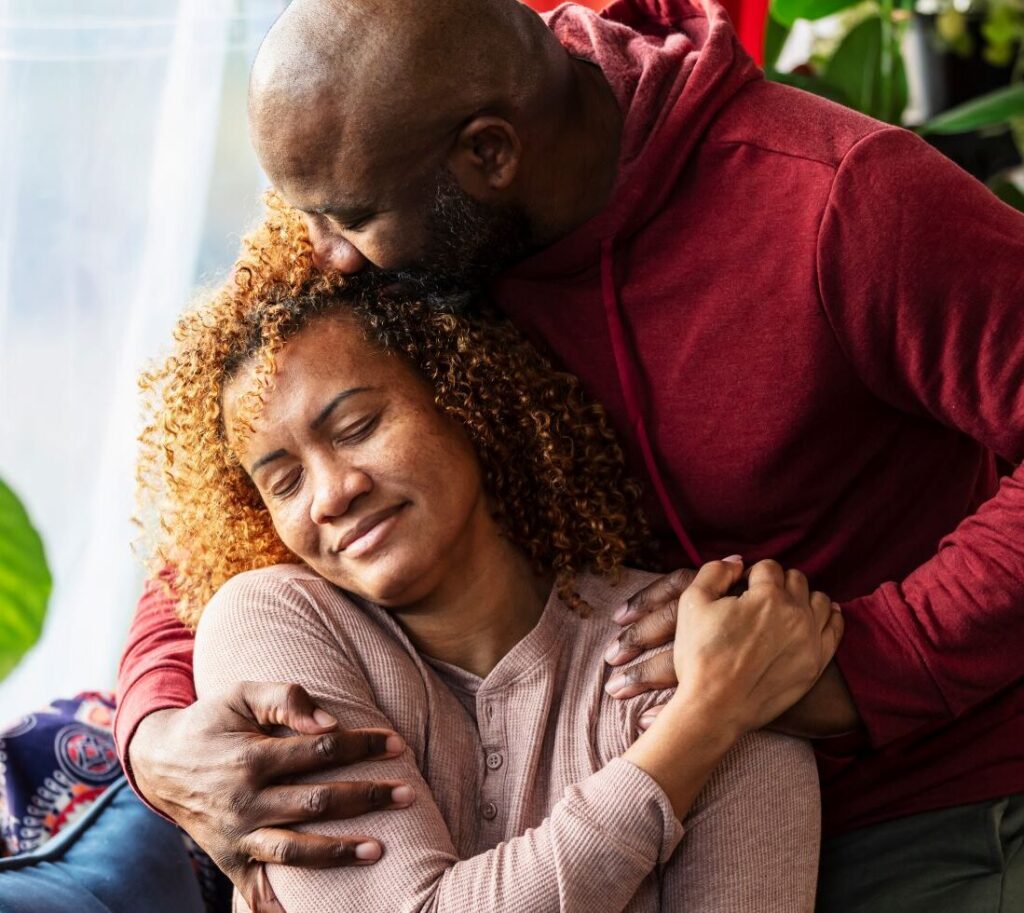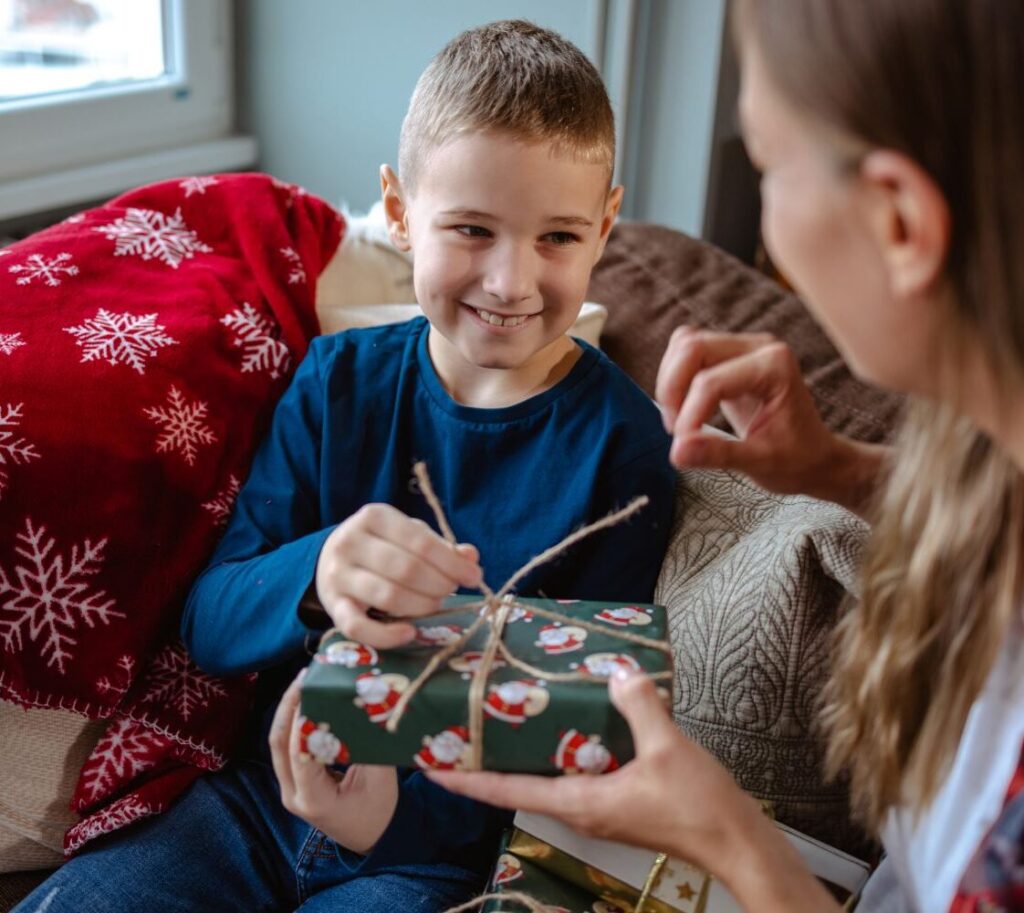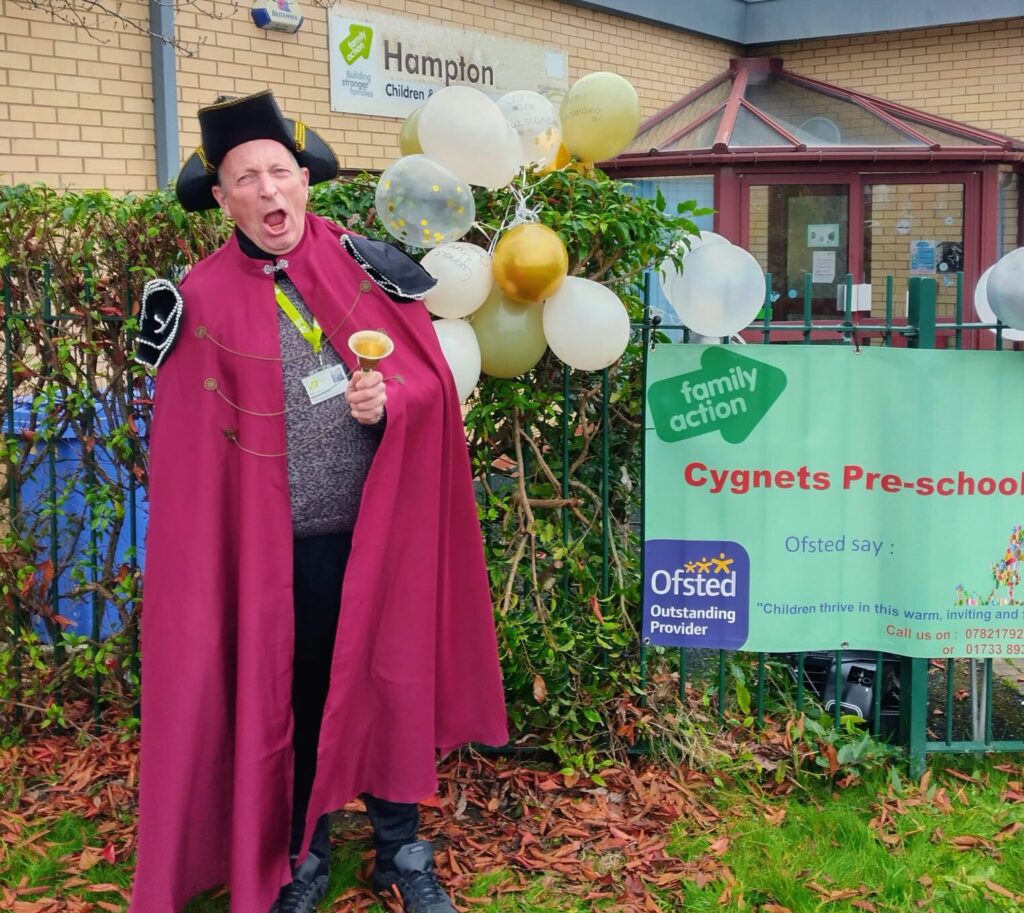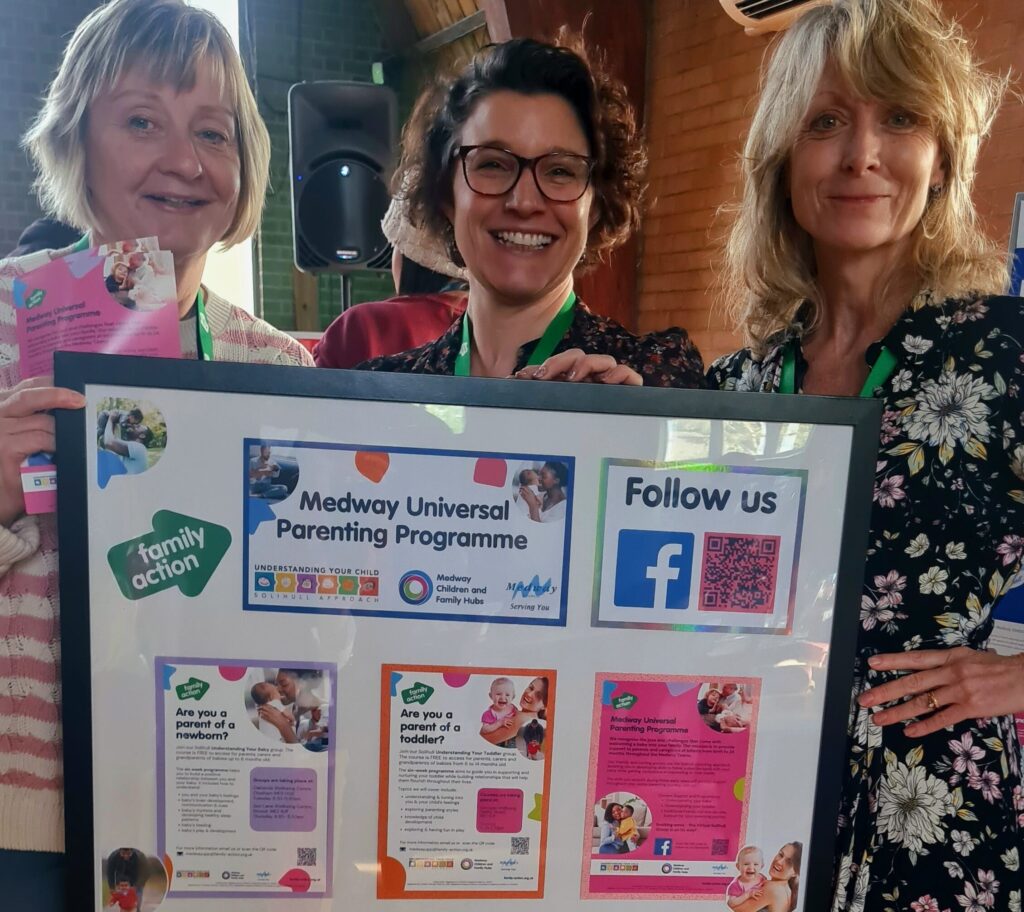Project leader Rhonda, discusses what starting up the ESCAPE Discovery Garden has been like.
I took receipt of the ESCAPE Discovery Garden on 1st April 2019 and on that day, the project looked very much like a large patch of weeds, a dilapidated bus and of course, being an English garden in April, it was raining. Six weeks later, the project has already grown and, driven by an enthusiastic team of dedicated volunteers who come from a myriad of backgrounds, that patch of weeds is beginning to look like a garden.
With six wheelchair accessible beds, three compost bins, two potting tables and not a partridge but a robin in a pear tree, the garden already boasts its first vegetables and herbs peeking out of the ground, as well as a forest garden, a polytunnel, the beginnings of a living eco shed, and we have only just begun. Donations of timber and tools from the local community and businesses, mean that we have built everything ourselves and with generous funding, we will soon add a cob oven and stoves to the garden and those newly planted vegetables will be used in regular Meet & Eat sessions.
The ESCAPE Discovery Garden is growing into a space where these challenges can be overcome.
Our unique tea shed – a stationary double decker bus – will soon be improved with the addition of sofas and dedicated quite spaces and what all of these nurturing spaces will provide is an opportunity. We already know from our steadfast team of volunteers that they are feeling hopeful, happy and fulfilled. We know that social and therapeutic horticulture improves mental health and wellbeing and running these courses means that we can measurably improve knowledge, self-esteem and provide accessible routes into further education and employment to our local community.
Some of our volunteers may have faced loneliness, isolation, addiction, physical and/or mental illness and unemployment. The ESCAPE Discovery Garden is growing into a space where these challenges can be overcome and our participants can explore new, positive and meaningful challenges as part of their community. As one participant described the project just this week “for the first time in a long time, life feels very hopeful”.
We are incredibly grateful to our generous funders who are making all of this possible: The Earl of Northampton’s Charity, The Borough Council of King’s Lynn & West Norfolk Small Grants Scheme and The Little Acorns Community Fund through the Norfolk Community Foundation. With funding from The Finnis Scott Foundation, I am completing a Level 3 Award in Education and Training and in July, I’ll also attend a Thrive two day course, Using Social and Therapeutic Horticulture to benefit people with mental health support needs. What this will mean is that we can offer eight participants the opportunity to attend an accredited level two course in practical horticulture, as well as, acquiring the skills and knowledge to offer more workshops and sessions across the seasons and further learning opportunities as the project progresses.
If you would like to find out more about our work within communities, then you can visit our work and impact page.
